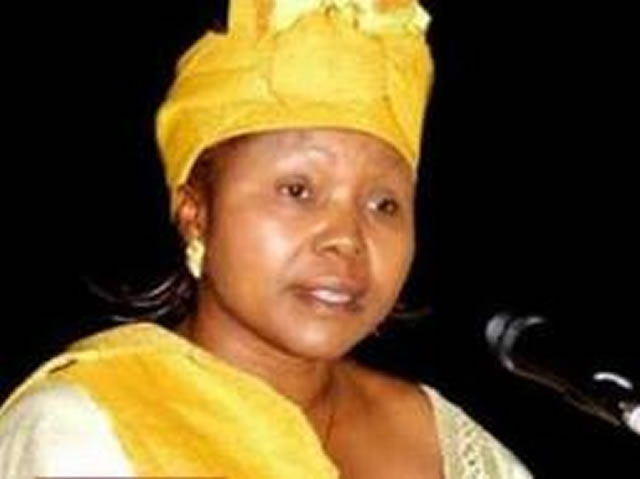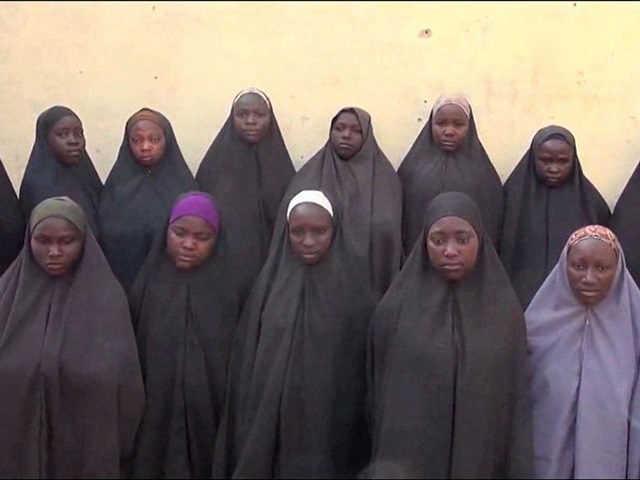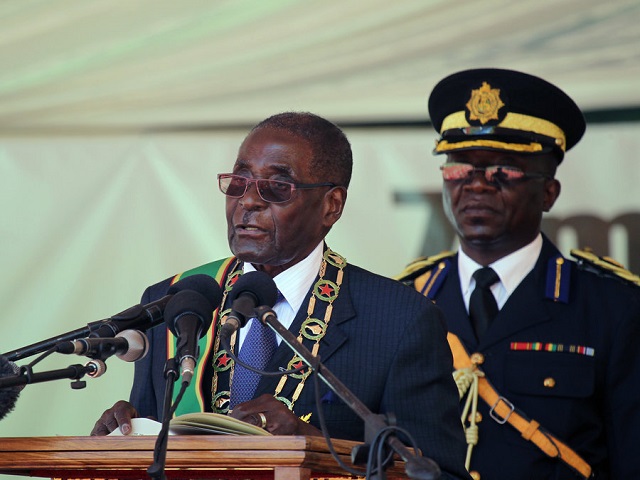Govt rejects demands to destroy 96 tonnes ivory

Auxilia Katongomara, Chronicle Reporter
THE Government refused to bow down to pressure at a recent wildlife meeting and rejected demands to burn 96 tonnes of ivory worth about $9 billion.
Responding to a question in Parliament on Wednesday, the Minister of Environment, Water and Climate, Cde Oppah Muchinguri-Kashiri, said during the just ended Convention on International Trade in Endangered Species meeting held in Johannesburg from September 24 to October 5, the country maintained ground to keep the stockpiles and would sell them at the right time.
“We have a problem, Zimbabwe as a member of CITES and the countries all over the world look at the endangered species.
“There are certain countries in Africa like Botswana, Kenya and Chad that no longer have wild animals and they are pushing that there should be a ban on the sale of ivory,” she said.
“When we went to CITES we fought very hard because they wanted us to burn our ivory that we have stockpiled and we refused that. The quantities and the values that we had placed are very high and we will wait for an opportune time to sell it.”
A nine-year moratorium was sanctioned by the CITES in 2007 in a bid to curb illegal trade in ivory, which threatened both elephants and rhinos with extinction.
Minister Muchinguri-Kashiri is on record as saying the country is sitting on stockpiles worth about $9,1 billion.
Responding to a question on whether the ivory could be used as security, the Minister said internationally the ivory was valueless.
“I would want to respond by saying that it is illegal because as it stands right now it is only countries like us, Japan and North Korea that have seen value in this. China has closed its domestic trade in ivory. So as it stands, our ivory internationally has no value, therefore, we cannot use it as security,” she said.
Cde Muchinguri-Kashiri said although Zimbabwe is unable to sell elephant tusks, in the interim it can make personal artifacts, earrings and bangles, but a permit is needed to do so.
“Whenever tourists come to Zimbabwe, they must have a permit from their country of origin to import the earrings that are made of elephant tusks. Furthermore, whenever tourists come to Zimbabwe they must apply to the National Parks and Wildlife Management so that they can be able to buy earrings,” she said.
Cde Muchinguri-Kashiri said the process is cumbersome and deters visitors from buying the artifacts.
“We are not tired as Zimbabwe; we will keep on fighting so that we are not banned from trading in ivory,” she said. — @AuxiliaK










Comments